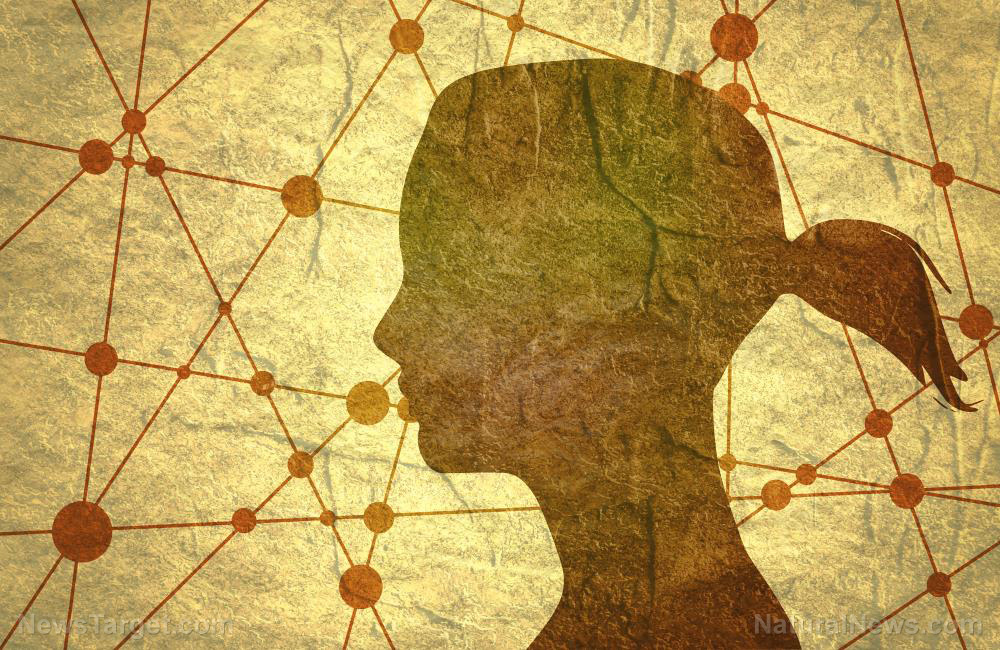Taking a gamble: Researchers have found a link between social media use and “impaired risky decision-making”
05/07/2019 / By Zoey Sky

According to experts, drug addicts and pathological gamblers tend to have poor decision-making skills. But can the same be said for people who use Facebook excessively? Data from a study suggest that there is a link between social media use and impaired risky decision-making, a trait that is common among those with substance addiction.
The study, which was published in the Journal of Behavioral Addictions, was conducted by researchers from Michigan State University (MSU). It is the first to delve into the connection between social media use and risky decision-making capabilities.
Social media use and risky decisions
Dar Meshi, lead author and assistant professor at MSU, explained that at least one-third of humans on the planet are using social media. However, some of these users are, alarmingly, displaying maladaptive, excessive use of these sites. Meshi hopes that the study findings can be used to teach the public about the dangers of social media overuse.
Meshi said that people who have substance use disorders often have compromised decision making. These individuals fail to learn from their mistakes and continue down a path of negative outcomes.
Prior to the study, no one has looked into this kind of behavior as it relates to excessive social media users. This inspired Meshi and his fellow researchers to examine a possible parallel between excessive social media users and people with substance abuse disorders.
Meshi noted that they did not test for the cause of poor decision-making. Instead, they tested for its correlation with problematic social media use. (Related: Is social media addiction a new type of psychiatric condition?)
For the study, the researchers worked with 71 volunteers and asked them to take a survey that measured their psychological dependence on Facebook. The questions included in the survey asked about:
- The users’ preoccupation with the social media platform
- Their feelings when unable to access it
- Attempts made to stop using the platform
- The impact that Facebook has had on their job or studies
The team then asked the volunteers to do the Iowa Gambling Task. This is a common exercise used by psychologists to measure decision-making. Users can successfully complete the task if they could identify outcome patterns in decks of cards and choose the best possible deck.
The researchers found that the more excessive a person’s social media use was, the worse he or she performed by choosing from bad decks.
This result is complementary to results with substance abusers. People who abuse substances, such as cocaine, methamphetamine, or opioids, have similar outcomes on the Iowa Gambling Task. The researchers noted that both groups seem to have impaired decision-making skills.
Meshi said that experts must teach the public about the dangers of social media overuse to prevent addiction. While he acknowledged that social media offers some benefits, he also warned that it has negative effects on people who are unable to control their social media usage.
Meshi concluded that trying to better understand this drive can help determine if the excessive use of social media should be treated as an addiction.
Tips for going on a social media cleanse
If you think you’re using your social media accounts too much, it may be time to do a social media cleanse. Follow the tips below to get over your obsession with likes and notifications so you can start spending more time with your family and friends.
- Unfollow people. Review your Facebook friends list. Unfollow anyone you wouldn’t trust with your secrets or personal updates that you may post on your account.
- Choose quality over quantity. Cull your social media apps. Choose one that brings you the most joy and a feeling of connectedness. Don’t clog your feed so you don’t waste time on apps that aren’t really adding much to your life.
- Turn off your app notifications. Doing this helps you tune out distractions so you can spend more time being productive.
Used wisely, social media can help you keep in touch with people who matter to you and those who really care about you.
Sources include:
Tagged Under: addiction, badtech, behavior tests, decision making, Facebook, gadgets, impaired risky decision-making, information technology, internet, Internet addiction, mental health, research, risk taking, Smartphones, Social media, social media addiction



















